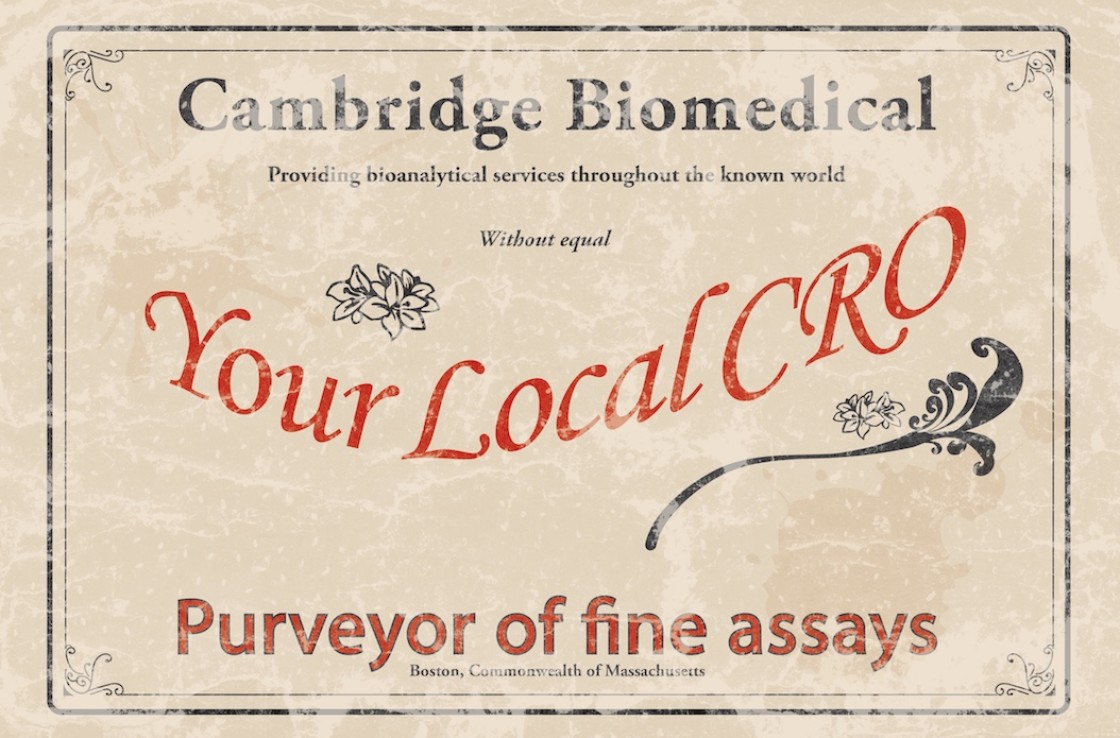A breakthrough in the transformation of human cells by an international team led by researchers at the University of Bristol could open the door to a new range of treatments for a variety of medical conditions. Their paper, published today in Nature Genetics, demonstrates the creation of a system that predicts how to create any human cell type from another cell type directly, without the need for experimental trial and error.
Julian Gough, professor of bioinformatics at the University of Bristol, said: ‘The barrier to progress in this field is the very limited types of cells scientists are able to produce. Our system, Mogrify, is a bioinformatics resource that will allow experimental biologists to bypass the need to create stem cells.’
Pluripotent stem cells – or cells that have not yet ‘decided’ what to become – can be used to treat many different medical conditions and diseases. The first human artificialpluripotent stem cells were created by Japanese researcher Shinya Yamanaka in 2007, through a process of educated trial and error that took a long time. In the nine years since, scientists have only been able to discover further conversions for human cells a handful of times.
